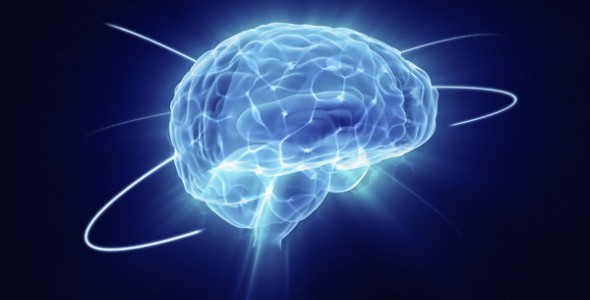 June 12, 2019
June 12, 2019
Understanding Your Brain – Vol. 2/4
By Mina Ayoub, Communications Executive at EFG Hermes.
Let go
We have always been taught to focus when we want things to get done efficiently. Accounting for all the variables and considering every detail. Burning away through our stress levels to achieve the highest performance we can manage. Sometimes it takes us a while to get something done and sometimes it takes us no time at all. Throughout our lives, our brain is constantly changing, reforming and restructuring itself, based on the actions we take and the experiences we live. Every action creates a neural connection that, in time and with consistency, becomes hardwired into the brain. For this reason, tasks that may seem simple but new, take more time to be executed correctly since the brain is still figuring out the correct neural connection to form. In other words, don’t think less of yourself when taking time to complete a “simple” but new task, it just needs time.
On the other hand, when practicing a specific task over and over, your brain has already hardwired the connections and sometimes even restructured its shape. Those who become cab drivers have a larger hippocampus, the region that is responsible for memory, especially special memory. This is due to their extensive practice and knowledge of hundreds of routes and individual streets. String and piano Musicians will tend to have an inverted “omega sign” in their brains, that is associated with accurate finger co-ordination. How the brain is formed due to our experiences leads to how we carry out certain tasks. Leading us back to our original statement, how we are told to focus on what we do to maintain the highest levels of performance.
Certain athletes have reported to experience what is referred to as “the flow state”. In essence, it is allowing their brains to take control, to go on autopilot. They give in and let go completely, they don’t try to consciously focus on everything and rather let their brain do the work. Entering the flow state is understanding that the brain has already made the necessary calculations, and will carry out the required responses accurately without us being aware of it. Athletes who take part in extreme sports such as parkour, cave diving or free rock climbing, no rope or harness of any sort, free themselves from the distractions of focusing on all the details and let the brain do its job. This is supported by a region of the brain called the amygdala, responsible for our “fight or flight” state, kicking into overdrive and taking over the brain in times of danger and extreme stress. The amygdala already takes into account the details to assess how to react. This of course is accomplished after practice, since the amygdala co-operates with the already hardwired neural patters to provide the best possible performance. You might have experienced it during times such as driving, when lost in thought at the start of your journey, then suddenly realizing you have arrived at your destination without the recollection of how you got their or when you made a decision to turn, brake or accelerate.
The flow state, or as some people now call it “the zone”, is an example of how sometimes, contrary to what we are always told, not focusing on all the details can provide better results, this of course can only be accomplished when carrying out tasks either identical or similar to ones you have done before several times.
